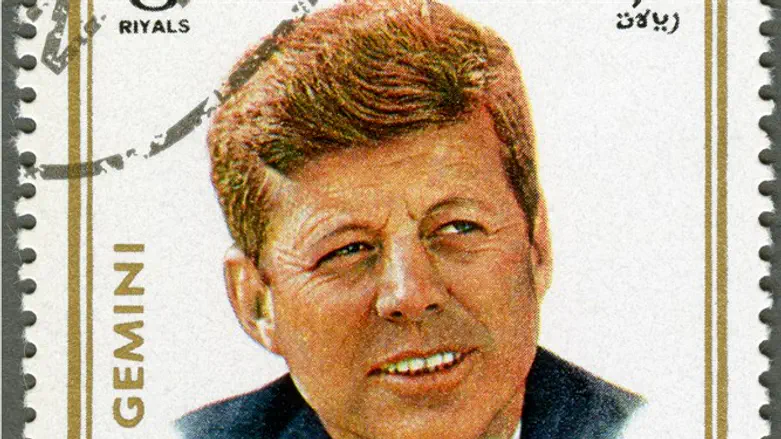
“People are afraid.” Of all the words spoken and tweeted in the aftermath of the massacres in El Paso and Dayton, only that comment was absolutely true.
So much has already been said, most of it in anger, led by political and media hucksters, that there is not much more to say, at least from this writer. I am at a loss.
The wisdom to deal with this, at this fractured time, is beyond me.
What good would it do, at this point, to add more words – unless they were words of comfort, and to remind Americans that we were through times like this before, and endured.
In light of that, it’s perhaps worth a moment to revisit the America of the 1960s, and through the on-the-spot historical novel “The Days of the Bitter End,” see what it was like for a group of high-spirited young Americans who gathered to make a go of it in Greenwich Village, and found their dreams shattered the day President John F. Kennedy was assassinated.
They reflected a nation in distress, as we find ourselves today, under circumstances strikingly familiar.
The book takes in Bob Dylan and a generation of artistic adventurers and begins with the wisdom of Solomon –
“So remember your Creator in the days of your youth, before the evil days come.”
Random selections, as follows –
“By the time they reached their Sullivan Street hideaway, the President of the United States was indeed Lyndon Johnson, seen taking the oath of office, on television, next to a stricken and blood-soaked Jackie Kennedy. Johnson was sworn in at 3:38 p.m. eastern time aboard Air Force One.
“To Ben Jaffa, it was something like Kristallnacht, that rampage in Germany that preceded and foreshadowed the Holocaust.
“What’s next? What could possibly be next? That was the question baffling the shell-shocked foursome of Cliff, Richie, Ben and Louise.
“Pedestrians were being interviewed by newsmen and asked where they were when they first heard the news.
“For some reason that was important. As if that too were a tonic.
“Millions were still waiting for a surprise.
‘The president was not dead after all. The doctors had made a mistake.
“But no such word was forthcoming from Walter Cronkite or from Huntley and Brinkley. No, John Kennedy was dead. That would never change.
“Louise Carmen was not young anymore. Then again, nobody was.
“The past couple of hours had accelerated the aging process by leaps.
“Louise brought back cold cuts from Katz’s deli on Houston. She reported that it was spooky out on the streets. Doors bolted and cops everywhere.
“’It’s like a foreign country out there’” she said. “’Or like there’s been an invasion or something.’
“Everybody called home. Everybody wanted to know if everybody was safe.
“Now the name Lee Harvey Oswald began to dominate the top stories. There was mention of a wider conspiracy.
“There was talk that all government officials were marked for assassination. Police were on alert throughout the nation. People were warned not to panic. That caused people to panic. There was a run on supermarkets to stock up on food in case the Soviets took the opportunity to attack.
“A cosmic tragedy has just occurred in the land of merriment. Nothing was sacred. Nobody was safe.”
That’s the way it was a generation ago, when a nation lost its innocence. Now the same question arises – will we ever be young again?
New York-based bestselling American novelist Jack Engelhard writes regularly for Arutz Sheva.
He is the author of the international book-to-movie bestseller “Indecent Proposal.” His Holocaust to Montreal memoir “Escape from Mount Moriah” has been honored from page to screen at CANNES. His 1960s novel, “The Days of the Bitter End,” was cited as “a precious literary and historical resource.” Contemporaries have hailed him “The last Hemingway, a writer without peer, and the conscience of us all.” Website: www.jackengelhard.com